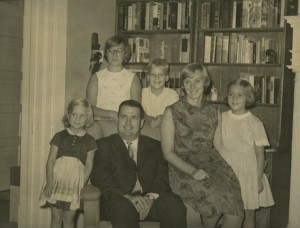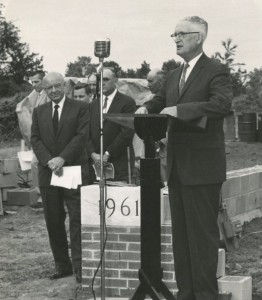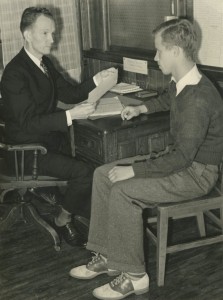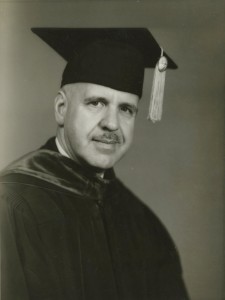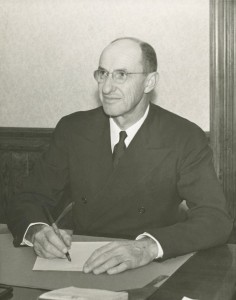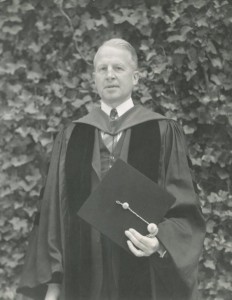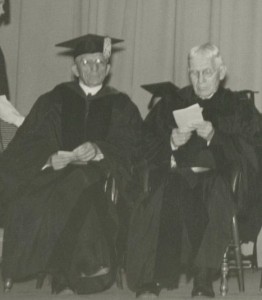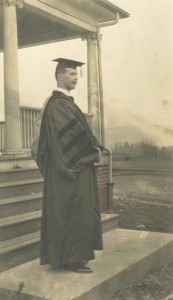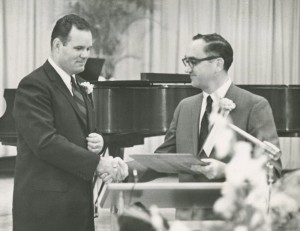 Charles J. Ping (Acting President), B.D., Ph.D., served 1968-1969
Charles J. Ping (Acting President), B.D., Ph.D., served 1968-1969
Charles Ping earned his B.D. from Louisville Seminary and his Ph.D. in Philosophy from Duke. He assumed the role of Dean at Tusculum College in 1966 and worked as a minister at area churches. In Trout’s resignation letter, he recommended Ping to be President of Tusculum College. Ping served one year as president before resigning his presidency at Tusculum College.



